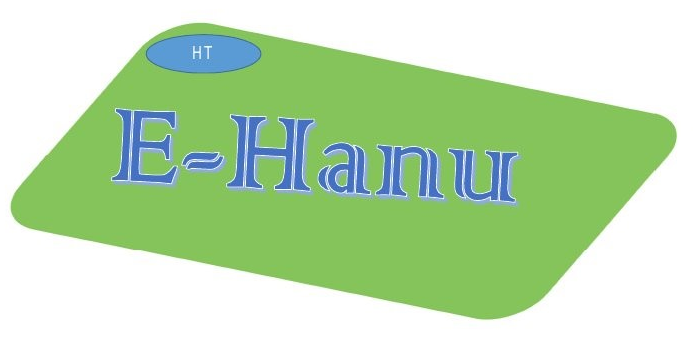E-Way Bill under GST
CA, CS, Accountant, Transfer Pricing, Legal Report, Title Search Report, Crypto Currency, Property Registration, Restructuring, GST, Fintech Services
3000 +
Happy clients
300 +
Advocate, CA, CS
10 +
Associates Offices
Request A Call Back
E-Way Bill under GST
E-Way (Electronic Way) bill is a document required to be carried by a person in charge of the conveyance carrying any consignment of goods of value exceeding Rs. 50,000. This has been mandated by the government in terms of Section 68 of the Goods and Services Tax (GST) Act. An E-Way bill is generated through the GST Common Portal for e-Way bill system – ewaybill.nic.in – by registered users or transporters who cause movement of goods of consignment. The e-way bill came into effect on April 1, 2018.

Registration and Process of e-Way Bill
- The consignor or consignee, as a registered person or a transporter of the goods, can generate the e-Way bill. The unregistered transporter can enroll on the common portal and generate the E-Way bill for movement of goods for his clients, according to the Central Board of Indirect Taxes and Customs (CBIC).
- The prerequisite for generation of e-way bill is that the person who generates the E-Way bill should be a registered person on the GST portal and should register on the E-Way bill portal i.e. www.ewaybill.nic.in.
- The documents such as tax invoice or bill of sale or delivery challan and the transporter’s ID must be available with the person who is generating the e-Way bill.
- The e-way bill is required to transport all the goods except exempted under the notifications or rules. The movement of handicraft goods or goods for job-work purposes under specified circumstances also requires E-Way bill even if the value of consignment is less than Rs. 50,000.
- The validity of the e-way bill depends upon the distance that the goods which have to be transported across the states, will cover, according to the CBEC website.
- The validity period of the e-Way bill is calculated based on the ‘approximate distance’ entered while generating the e-Way bill. For every 100 kilometres, a validity period of one day is calculated as per rules.
- Once generated, e-Way bill cannot be edited or modified. Only Part-B can be updated. However, if e-way bill is generated with wrong information, it can be cancelled and generated afresh.
- Any person can verify the authenticity or the correctness of the e-way bill by entering EWB No, EWB Date, Generator ID and Doc No in the search option on the EWB Portal.
- If multiple invoices are issued by the supplier to recipient, that is, for movement of goods of more than one invoice of same consignor and consignee, multiple EWBs have to be generated. That is, for each invoice, one EWB has to be generated, irrespective of the fact whether same or different consignors or consignees are involved.
- If validity of the E-Way bill expires, the goods are not supposed to be moved. However, one can extend the validity of the E-Way bill if the consignment is not reaching the destination within the validity period due to exceptional circumstances such as natural calamity, law and order issues, trans-shipment delay, accident of conveyance, etc.















































